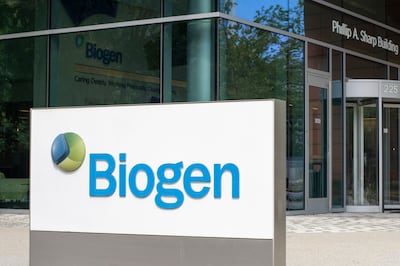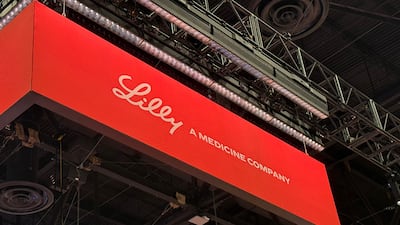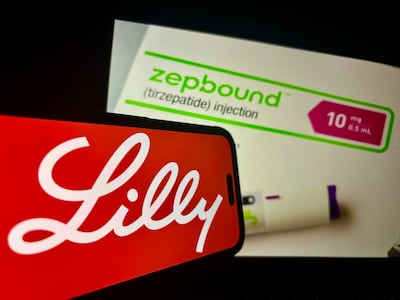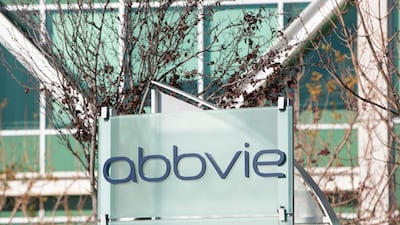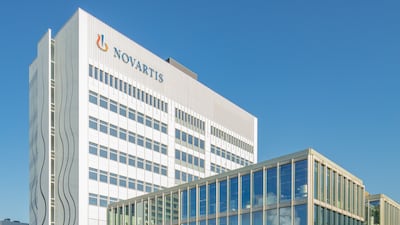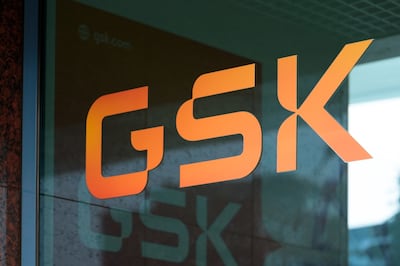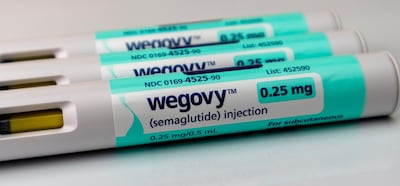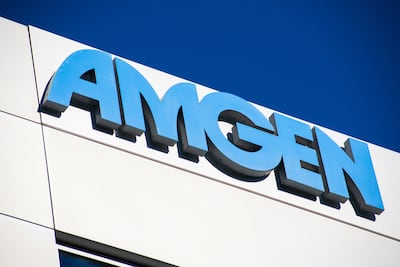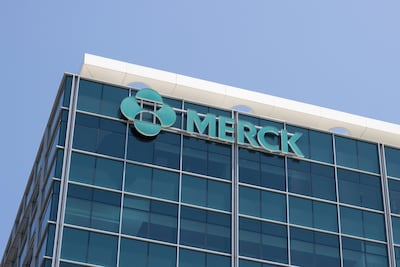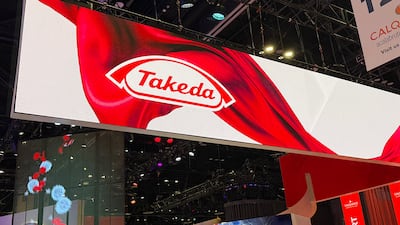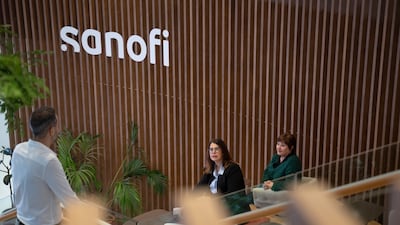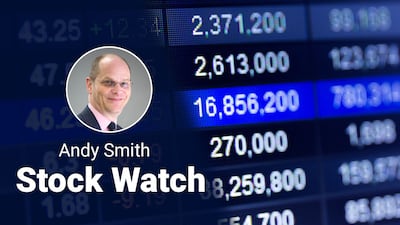Earnings
The multiple sclerosis portfolio will drag revenue down more than Biogen’s growth products will boost 2026 sales, but Phase III results in lupus and kidney disease could bring two new launches.
The company announced positive Phase II results for the JAK1/TYK2 inhibitor in cutaneous sarcoidosis, which has no approved treatments.
The impact of rising demand, Medicare price negotiations under the IRA, Medicaid concessions under its Trump administration drug pricing deal and direct-to-patient sales will combine to boost Eliquis sales this year.
The drugmaker highlighted a wide array of development programs in its fourth quarter earnings, including moving tirzepatide into multiple inflammatory conditions.
Novo Nordisk said it will take legal action against mass compounding of the new oral semaglutide formulation by Hims & Hers.
The drugmaker’s sales grew by more than 40% for the fourth quarter and fiscal year 2025, with tirzepatide accounting for more than half of annual sales.
With Skyrizi and Rinvoq expected to anchor growth this decade, AbbVie said it will look at big and small assets to help it deliver revenue growth during the 2030s.
The blood cancer drug and the cholesterol lowerer will be major growth drivers through to 2020 and beyond.
CEO Luke Miels backs GSK’s 2031 sales target of £40bn despite incoming headwinds in vaccines and HIV.
The Danish firm’s share price plummeted as it revealed its most favored nation pricing deal would cut deep into sales and profits in 2026, although offset somewhat by strong launch of the Wegovy pill.
Sales set to rise at low single digits this year but profits will be down slightly as generics take a grip on big earners like Entresto.
Investors appeared not to be bothered by Amgen’s Q4 product updates, including the US FDA’s request to pull rare disease drug Tavneos from the market and discontinuation of Phase III bemarituzumab.
The drugmaker announced its fourth quarter and full-year results for 2025, highlighting significant revenue opportunities ahead across indications.
Roche’s decision to increase the dividend served to bolster its stock performance after revenue growth from a basket of patent-expired products exceeded key growth drivers like Vabysmo and full-year 2026 revenue guidance underwhelmed.
Strides Pharma aims for higher revenues from Canada and other ex-US markets while waiting for controlled substances to ramp up gradually under the leadership of ex-Apotex CEO Peter Hardwick. However, a cut in US funding for the Global Fund is hurting the company and its competitors.
Sun’s founder reinforces the firm’s M&A strategy, indicating that it is "comfortable raising debt" if required, but shares no specific comment on the speculated interest in Organon. The Indian company also has "sufficient supplies" to meet demand for generic semaglutide in India post LoE.
The French firm will always ‘defend with evidence’ the positive impact of vaccination, ‘irrespective of who is in office,’ the French firm’s CEO has declared.
Vyvanse weighed on sales growth in the third quarter amid generic competition, but the losses are declining and the Japanese drugmaker is looking to new launches this year.
Paul Hudson has acknowledged the firm’s R&D setbacks but says they are par for the course when tackling science ‘that has never been done before.’
Despite group sales growth and its pharmaceutical division revenue weathering a big loss of exclusivity, J&J experienced stock price weakness after its fourth-quarter results announcement as geopolitical tensions depressed stock markets again.

